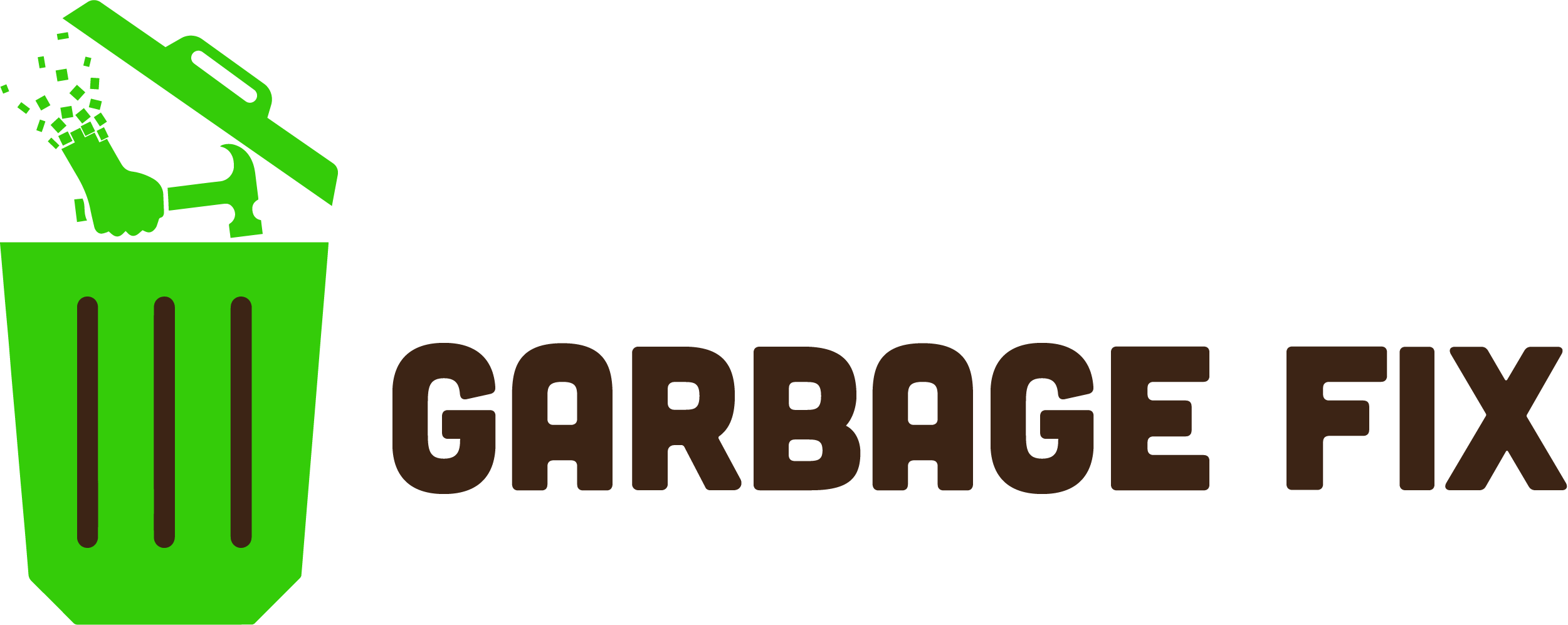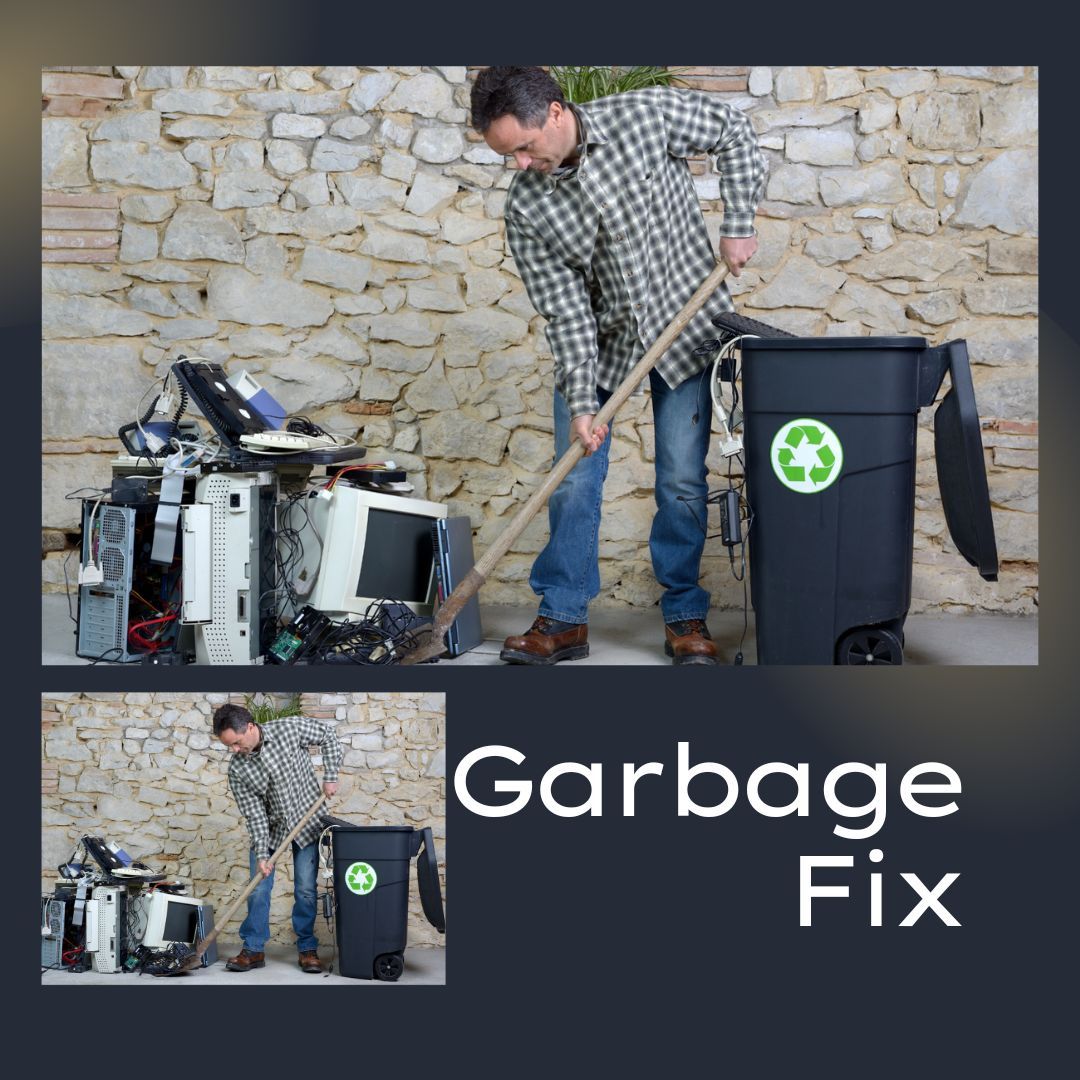The iPhone, iPad, and Mac have often updated Apple products. Nonetheless, the majority of people are ignorant of proper electronics disposal practices.
How should technology be disposed of properly? Electronics should be disposed of properly since they often include hazardous elements such as mercury, lead, and cadmium. This article discusses many options for disposing of your devices.
What Happens to Our E-Waste?
Electronic devices of all sizes include harmful substances, including lead, cadmium, beryllium, mercury, and brominated flame retardants. If electronics and equipment are discarded illegally, there is a high risk that these dangerous elements will pollute the air, harm the soil, and infiltrate water systems.
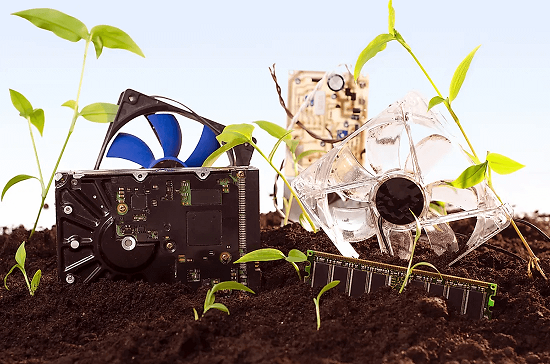
Water, for example, enters a typical landfill where e-waste is buried and absorbs minute amounts of hazardous materials. Leachate, typically filthy waste water, gradually penetrates layers of landfill liners and natural and artificial barriers. It becomes poisonous and potentially fatal when it reaches natural groundwater.
The Risks of Improper Electronic Waste Disposal
Substances That Are Flame-Resistant
Older "e-waste" electronic equipment, such as computers, monitors, keyboards, printers,TVs, and mobile phones, may contain hazardous lead, mercury, arsenic, cadmium, and other metals. These metals often make circuit boards and electrical components such as computer chips, screens, and cables.

Many pieces of equipment include flame-retardant compounds, which may be hazardous to your health if exposed. When these components are safely kept in our computers and other electronic devices, e-waste dangers are unaffected.
Poison the Environment
Devices, however, can leak, contaminate the environment, and malfunction intentionally or unintentionally. It might happen in a working-class neighborhood's streets or trash.
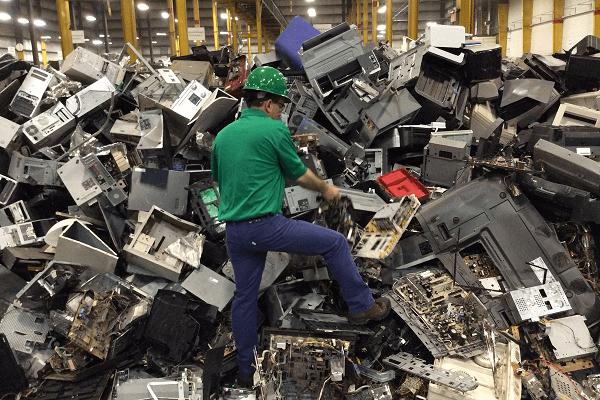
Contaminating Nearby Cities
E-waste dumps contain toxic components that may eventually leak into the ground, endanger adjacent cities' water supply, or escape into the sky. Bio-accumulation is the process through which harmful compounds accumulate more quickly in the bodies of humans, plants, and animals.
Plankton, for example, may absorb trace levels of mercury. Fish that consume a lot of plankton do so in an unhealthy way. If humans or birds consume mercury-contaminated seafood, the problem will persist. This problem has already harmed a significant amount of the wild-caught fish supply.
The Proper Disposal of Electronics
Donate Outdated Electronics
If your old appliances still function, you may donate them to a charity, a church, or an educational institution. A group that promotes adult literacy may utilize an out-of-date computer to teach students the fundamentals of computers. A childcare center may use a gently used DVD player to instructive stream videos.
Locate a Reliable Recycler
Find a reputable recycler if an electrical device is too old or damaged to offer. Electronic waste is often put in landfills in developing countries, where personnel directly handle the material and are exposed to harmful pollutants.
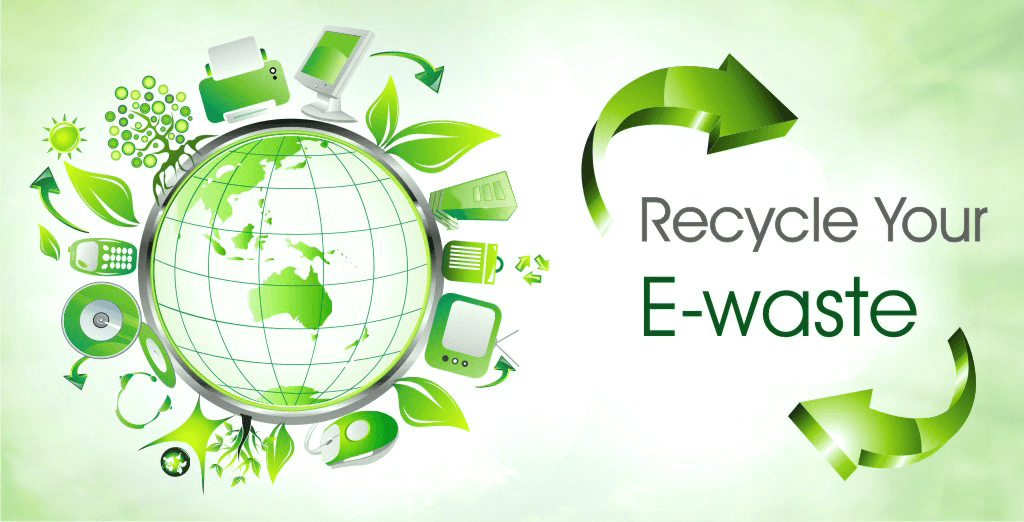
There must be some reliance on technology devices in contemporary life and business. These technological innovations should have no negative environmental consequences. It is also critical to properly dispose of e-waste to avoid contamination and public health risks. When pollution and other concerns that endanger public health are avoided, businesses may function more effectively and productively.
Look for a Take-Back Or Trade-In Program
Whether you intend to replace your gadgets or not, contact the manufacturer or vendor to see if they provide a discount or a trade-in option for returning an older model.
Examine Recycling Initiatives for Retailers
There are a lot of stores, like Best Buy, that provide recycling services for electronic goods before you ever deliver them. Call their number to make sure the establishment will take them.
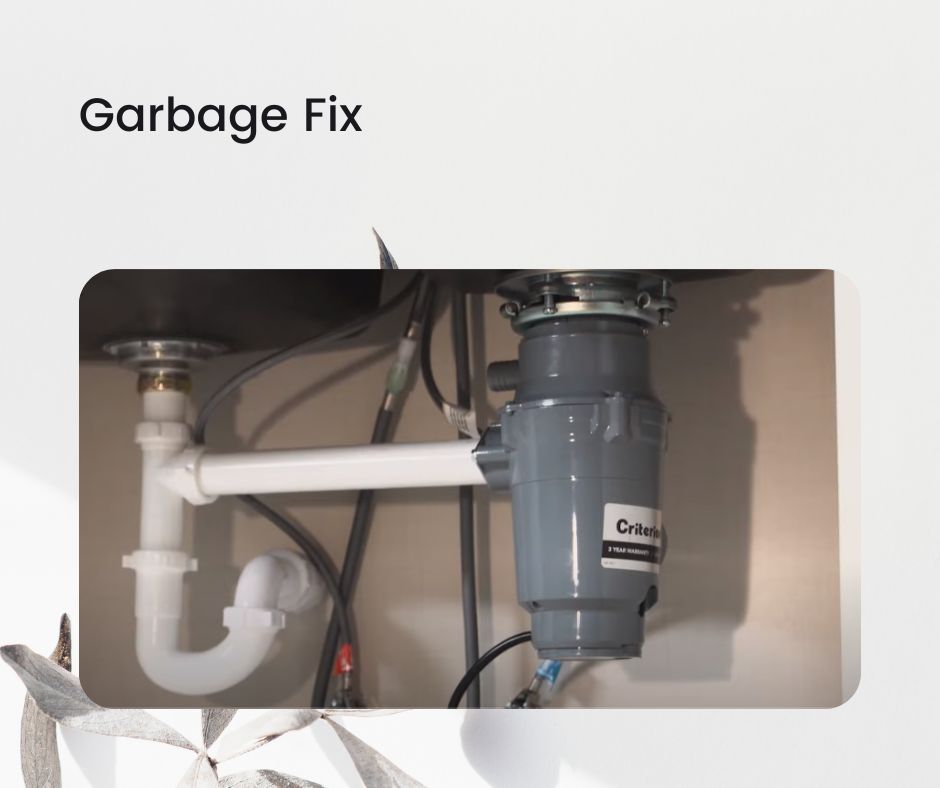
Attend a Neighborhood E-Waste Collection Event
Municipalities often host events to aid individuals in properly disposing of obsolete gadgets. Whether you wish to know if an event is taking place in your area, contact your city's service department. Inquire specifically about the approved items and the electronics recycling drop-off location.
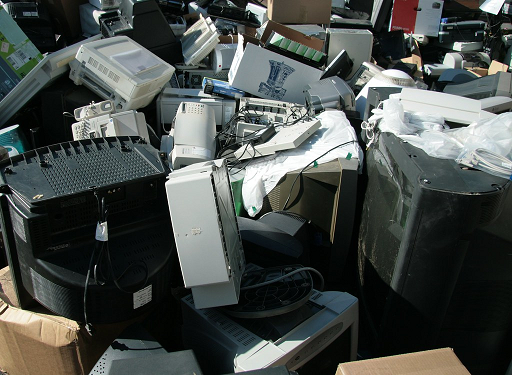
Offer Old Electronics for Sale
Instead of discarding outmoded technology, consider selling it separately if it still has value. You may sell your old electronics on websites such as Craigslist, Facebook Marketplace, and eBay to avoid putting them in landfills.
Recommendations Before Disposing
Remove Personal Or Sensitive Data From Devices
Before disposing of obsolete devices, delete any private or sensitive data from them using a hard factory reset or similar authorized data destruction procedure. You don't want anybody looking through your bank account details, login passwords, or photos. Even if you don't believe anybody would bother you, it's always better to be safe than sorry.
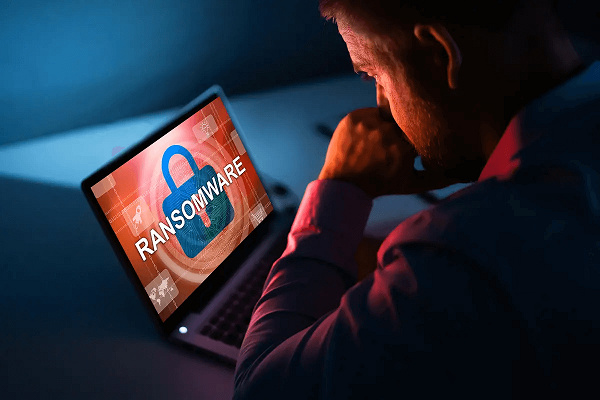
Before wiping any data, back up any important files or data to the cloud or a physical hard drive. The method for wiping data after backing it up varies depending on the device, but it nearly always requires more work than just deleting a file.
Onboard storage devices, such as those found in smartphones and tablets, are often handled by resetting the operating system to factory settings. Other techniques for completely erasing all data exist on some devices, such as Windows computers and Android smartphones. Wear safety goggles to protect your eyes! Consider a gadget that has SSD or flash storage. Instead of dumping the drive, consider physically shattering it with a hammer or drill.
Last Words
You must ensure that every time you replace electronic equipment, it is properly disposed of. Your first course of action must be to limit your usage. If possible, avoid being duped by the commotion around new technology. If you want anything, seek a rare model first. When a product expires, take the effort to find a reputable electronic waste recycling facility.
As much as possible, one must recycle e-waste properly. The environment will benefit you, you will avoid data breaches, feel good about your efforts, meet new people, and your wallet may even become a little greener.
